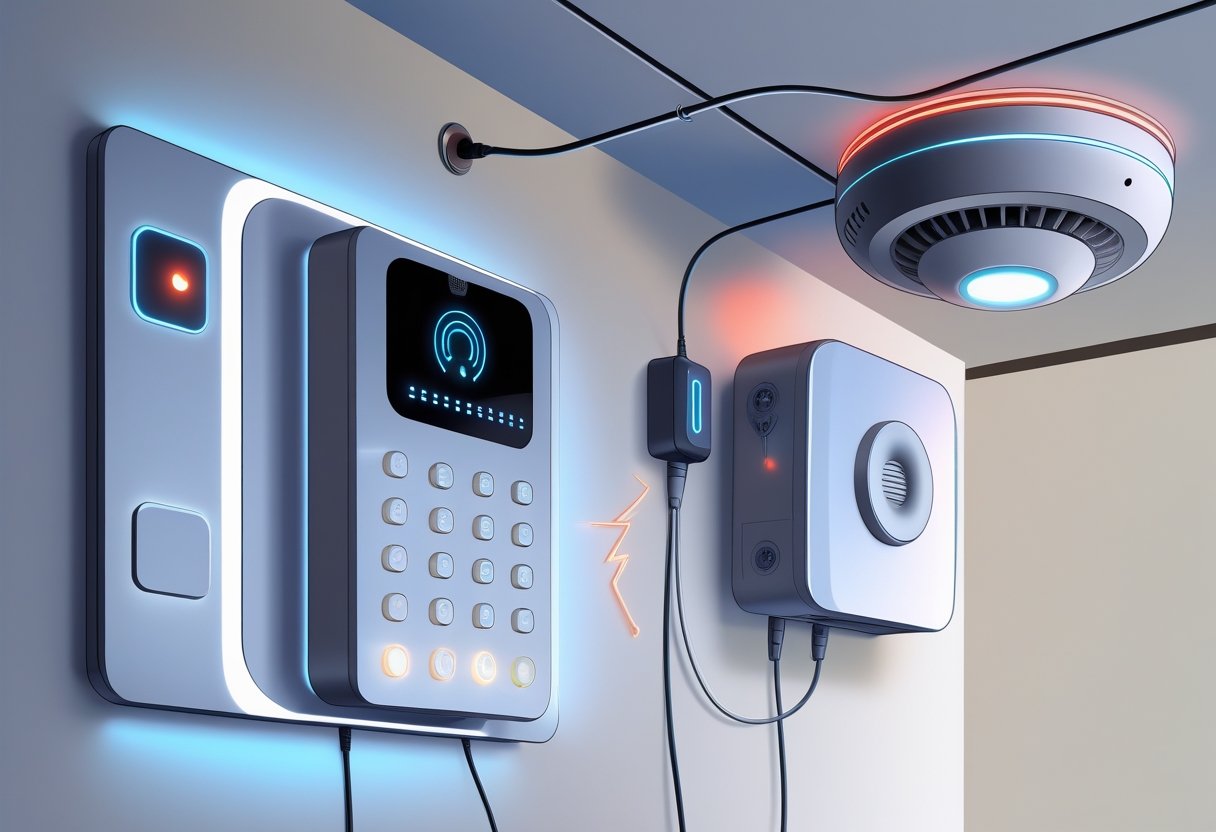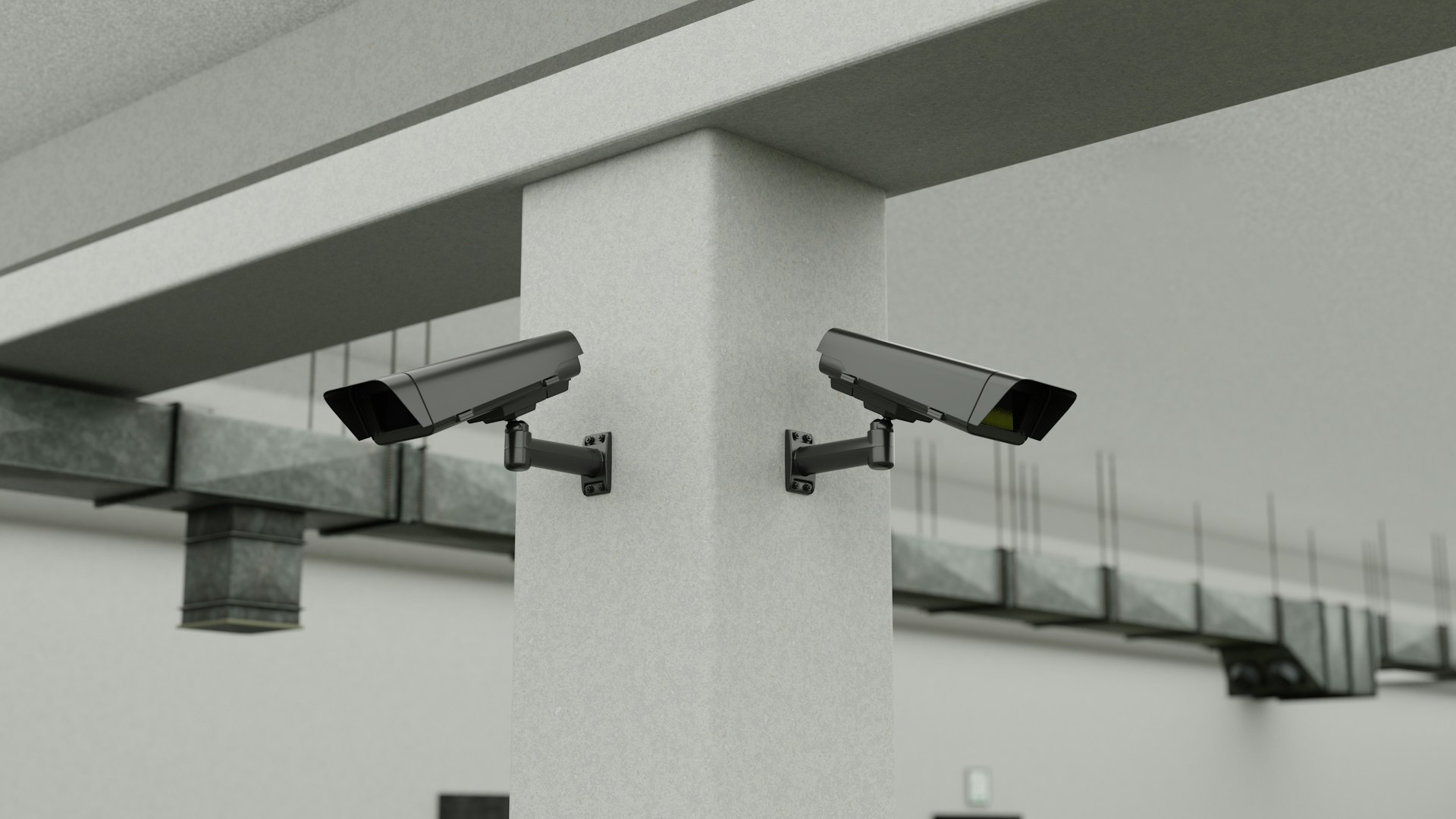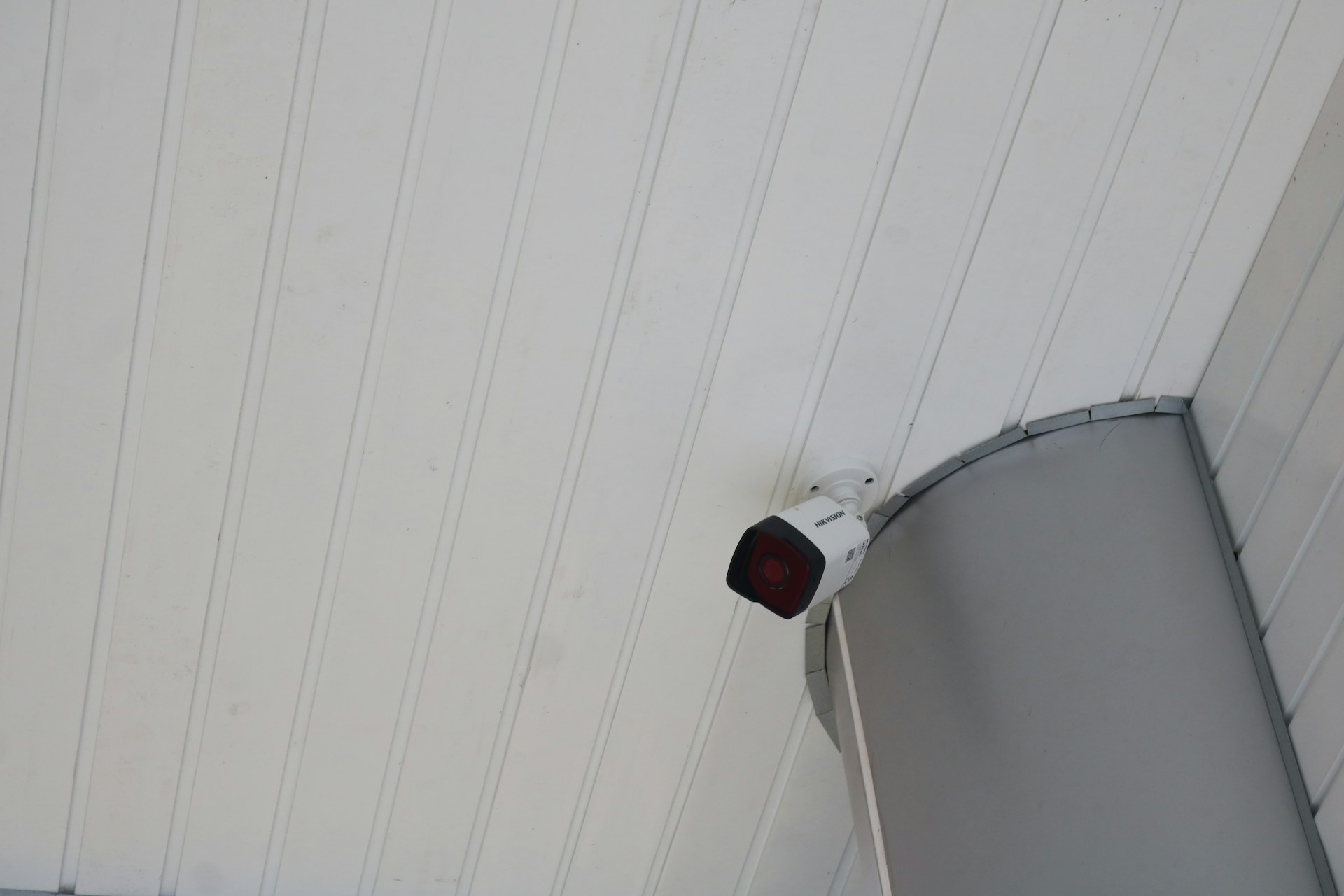When it comes to securing your home, understanding the differences between burglar and fire alarm systems is essential for protecting your family and property. Both systems play crucial roles in safeguarding your home, providing peace of mind and swift responses to emergencies. With the right setup, you can ensure that you are alerted to potential break-ins as well as fire hazards, creating a comprehensive safety net for your living space.
In the greater Houston area, customized alarm systems are available that cater specifically to your security needs. Whether you're looking for a basic burglar alarm or a more advanced system that includes fire detection and monitoring, it's important to choose solutions that integrate effectively. By selecting a reliable provider, you can benefit from professional monitoring that keeps you informed, even when you're away from home.
Investing in a quality alarm system not only protects your belongings but can also enhance your overall safety. Knowing that your home is equipped with reliable fire and burglar alarm systems means you can focus on what matters most—your family and peace of mind as you navigate daily life.
Core Components of Burglar and Fire Alarm Systems
Burglar and fire alarm systems consist of essential components that work in unison to ensure protection for your property. Understanding each part will help you make informed decisions regarding the safety of your home or business.
Main Control Panel and Keypads
The main control panel serves as the heart of your alarm system. It processes signals from sensors and devices, allowing for a coordinated response to threats. This panel is often programmed to send alerts to your smartphone or a monitoring center.
Keypads are used for arming and disarming the alarm system. They may include a numeric keypad for entering codes, as well as a display to show the status of the system. Many modern systems now feature touchscreens and customizable settings for ease of use.
Motion Detectors and Glass Break Sensors
Motion detectors are critical for detecting unauthorized movement within your premises. They typically use infrared technology to sense heat emitted by bodies. When someone enters a protected area, your system receives an alert, enabling a prompt response.
Glass break sensors are designed to detect the sound of breaking glass. These sensors can be installed near windows and fragile glass doors. They are particularly effective in preventing break-ins through methods such as smashing glass, providing an additional layer of security.
Smoke and Heat Detectors
Smoke detectors are essential components of fire alarm systems. They identify smoke particles in the air, triggering alarms to alert occupants. This early detection can save lives and property. Many systems also feature heat detectors that respond to rapid temperature changes, providing an added measure of safety.
Both smoke and heat detectors are available in conventional and intelligent models. The intelligent variants can differentiate between false alarms and actual fires, helping to reduce unnecessary evacuations.
Alarm Sirens and Notification Devices
Alarm sirens play a crucial role in any security system. They emit loud sounds to alert you and deter potential intruders. Sirens can vary in volume and duration, and some systems allow customization to meet your preferences.
In addition to audible alerts, notification devices such as strobe lights and smartphone alerts ensure you don't miss any warnings. These devices can notify you of intrusions or fire hazards, enabling quick reactions like contacting emergency services.
Types of Alarm Systems
Understanding the different types of alarm systems can help you choose the best option for your home security needs. Each type offers distinct features that cater to various preferences and requirements.
Wired Alarm Systems
Wired alarm systems have been a traditional choice for many homeowners. These systems connect to your home’s electrical wiring, offering reliable and consistent power.
Benefits of wired systems include:
- Stability: They are less prone to interference, providing a stable connection.
- Durability: Wired systems typically require less maintenance and have a longer lifespan.
On the downside, installation can be more labor-intensive, often requiring drilling into walls. This can make them less appealing for renters or those looking for a simpler setup.
Wireless Alarm Systems
Wireless alarm systems use radio signals to communicate between devices. This type has gained popularity due to its ease of installation and flexibility.
Key features of wireless systems include:
- Installation Ease: You can often set up the system yourself without needing professional help.
- Flexibility: You can relocate or expand your system more easily.
While wireless systems offer convenience, they can be vulnerable to interference or signal loss, especially in larger homes. Battery life management is also crucial since devices must remain powered to function effectively.
Monitored vs. Unmonitored Alarm Systems
Alarm monitoring adds an additional layer of security to your system. You can choose between monitored and unmonitored setups, each with its pros and cons.
- Monitored Systems: These connect to a professional monitoring service that alerts authorities when an alarm is triggered. This can provide peace of mind, especially when you are away from home.
- Unmonitored Systems: These typically rely on audible alarms to alert you or nearby individuals. While cost-effective, they do not provide immediate assistance from emergency services.
When selecting an alarm system, consider your budget, property size, and your personal security preferences to find the right fit for your home in the greater Houston area.
Key Features and Advanced Technologies
Modern burglar and fire alarm systems incorporate sophisticated technologies and features aimed at enhancing security and convenience. These innovations offer comprehensive protection through integrated systems that ensure you have real-time access to your property’s status.
Security Cameras and Video Surveillance
Security cameras are essential for monitoring your property. Look for systems that provide high-definition video and night vision capabilities. This ensures clear footage any time of day.
- Remote Viewing: With mobile apps, you can access live feeds from anywhere.
- Motion Detection: Cameras equipped with this feature send alerts when movement is detected, allowing for immediate action.
- Integration with Lighting: Some systems can activate lights when motion is detected, enhancing visibility and deterring potential intruders.
By employing these technologies, you enhance your surveillance and create a safer environment.
Access Control Integration
Access control systems complement alarm systems by regulating who can enter your property. Features to consider include:
- Keyless Entry: Utilizing keypads or smart locks eliminates the need for physical keys, simplifying access.
- User Management: These systems allow you to create or revoke access codes easily for guests or service personnel.
- Real-Time Monitoring: Track who enters and exits your property, and receive alerts for unauthorized access attempts.
In areas like Greater Houston, implementing robust access control can significantly enhance your property's safety measures.
Home Automation Capabilities
Integrating your burglar and fire alarm systems with home automation offers added convenience and security. Key benefits include:
- Centralized Control: Manage alarms, locks, and cameras from a single app, ensuring simplified operation.
- Automated Responses: Program your system to trigger alarms or send alerts based on specific actions, like unusual activity detected by cameras.
- Energy Efficiency: Automating lights and thermostats can lead to energy savings while maintaining security.
Incorporating these features ensures not only your safety but also improves your overall living experience in the modern home.
Professional Services and Security Companies
When securing your property with burglar and fire alarm systems, engaging professional services is essential. They provide tailored solutions, ongoing support, and expert guidance to ensure your security needs are met effectively.
Custom System Design and Installation
Security companies in the greater Houston area specialize in creating custom alarm systems tailored to your specific needs. This includes assessing your property, identifying vulnerabilities, and recommending appropriate equipment such as motion sensors, video surveillance, and fire alarms.
During installation, the chosen company will ensure all components work seamlessly together. Trained technicians handle the setup, wiring, and mounting of devices. They also provide training on how to use the system effectively, ensuring that you understand all features and functions.
This bespoke approach maximizes your security solution's effectiveness, adapting to your unique environment and providing peace of mind.
Ongoing Maintenance and Support
Regular maintenance of your alarm system is crucial for optimal operation. Leading security firms in Houston offer ongoing support, which includes routine inspections and timely repairs. This proactive approach helps identify potential issues before they escalate.
You will typically receive reminders for service appointments, ensuring your system always functions at peak efficiency. In addition, many companies provide 24/7 monitoring services, allowing for immediate responses to alarms and potential incidents.
This level of support not only enhances your security but also extends the lifespan of your alarm systems.
Choosing the Right Security Provider
Selecting the right security provider requires careful consideration. Look for companies with a strong reputation in the Houston area, demonstrated through customer reviews and testimonials. Check if they offer a wide range of services, including installation, maintenance, and emergency support.
Transparency is another critical factor; a trustworthy provider will clearly outline pricing structures and the specifics of their offerings. Additionally, confirm that they use high-quality equipment from reputable manufacturers to ensure reliability.
Ask about their monitoring services and response times. Evaluating these factors will help you choose a provider that meets your security needs effectively, ensuring safety and peace of mind.
Enhancing Safety and Maximizing Protection
To ensure your property is well-protected, understanding the best practices for burglar and fire alarm systems is essential. Effective system placement, integration of alarms, and remote monitoring capabilities can significantly enhance safety and maximize protection.
System Placement Best Practices
Proper placement of alarm systems is crucial to their effectiveness. Install burglar alarms at entry points such as doors and windows, focusing on areas that are most susceptible to break-ins.
Considerations for Fire Alarms:
- Heat and Smoke Sensors: Place these in areas like kitchens and hallways where heat or smoke is expected to accumulate.
- Avoid Obstructions: Ensure that alarms are not blocked by furniture or decorations, which could hinder their ability to detect smoke or intrusions.
Utilize professional installation services to ensure that your home security system is optimally configured for maximum coverage. Remember to regularly test and maintain the systems for continued reliability.
Integrating Burglar and Fire Alarm Systems
Integrating burglar and fire alarm systems creates a comprehensive safety net for your property. A unified system can streamline monitoring and response protocols.
Benefits of Integration:
- Centralized Control: Manage both systems through a single interface, simplifying user experience.
- Improved Response Times: In the event of an emergency, integrated systems can automatically notify emergency services, ensuring a quicker response.
Consider utilizing a cloud-based management solution for real-time alerts and updates. This integration not only enhances security but also provides peace of mind that both potential fires and burglaries are being monitored effectively.
Remote Monitoring and Mobile Alerts
Remote monitoring adds an extra layer of security to your home. By utilizing alarm monitoring services, you can keep an eye on your property even when you are not there.
Key Features:
- Mobile Alerts: Receive instant notifications through your smartphone when alarm triggers occur. This allows you to act quickly in case of an emergency.
- Live Monitoring: Many services offer video surveillance that you can access remotely, providing visual confirmation of any incidents.
In the greater Houston area, many security providers offer these advanced monitoring features as part of their home security systems. Investing in this technology enhances your ability to respond promptly to any potential threat.
Frequently Asked Questions
Navigating the options for burglar and fire alarm systems can be complex. Understanding specific considerations in monitoring services, installation types, and technology advancements can help you make informed decisions for your safety and security.
What factors should I consider when choosing a burglar alarm monitoring service?
When selecting a monitoring service, consider responsiveness, reputation, and available technology. Look for companies that provide 24/7 monitoring with quick response times. Additionally, check customer reviews and ask about their emergency protocols.
How do DIY home fire alarm systems compare to professional installations?
DIY fire alarm systems offer flexibility and cost savings. However, professional installations ensure compliance with local codes and provide expert advice on placement and system performance. Weigh your comfort level with technology against the potential for greater security with professional help.
What are the benefits of integrating fire and burglar alarm systems in a commercial setting?
Integrating both systems enhances safety and simplifies management. A unified alarm system allows for streamlined monitoring and prompt notifications in emergencies. This integration helps reduce response times and ensures better compliance with safety regulations.
How can I assess the reliability of burglar alarm companies?
To gauge reliability, research company reputation through reviews and ratings. Verify certifications and licenses required in the greater Houston area. Additionally, ask for references and consider how long the company has been operating in the industry.
What advancements in technology should I look for in a modern alarm system?
Focus on features like smartphone integration, advanced motion detection, and remote monitoring capabilities. Look for systems that support smart home devices and offer easy scalability. Enhanced cybersecurity features are also critical to protect against unauthorized access.
What are the key features to look for in a central burglar alarm system?
A central burglar alarm system should include user-friendly controls, backup power options, and comprehensive sensor coverage. Consider options that allow for remote access and notifications. Integration with cameras and smart home devices adds an extra layer of security.
.svg)



.svg)


.svg)



